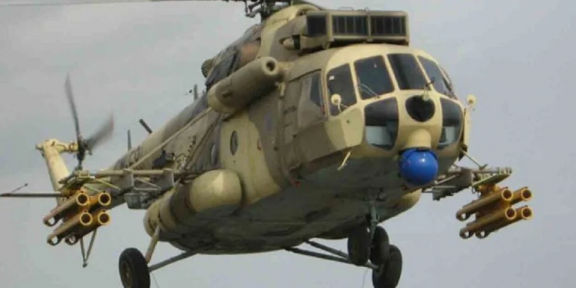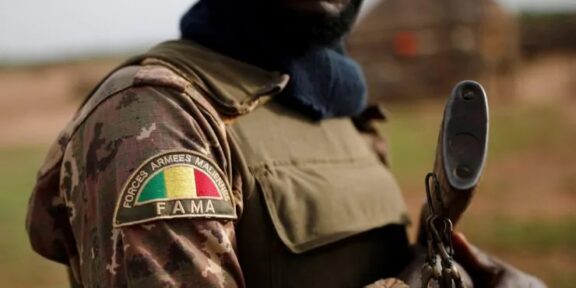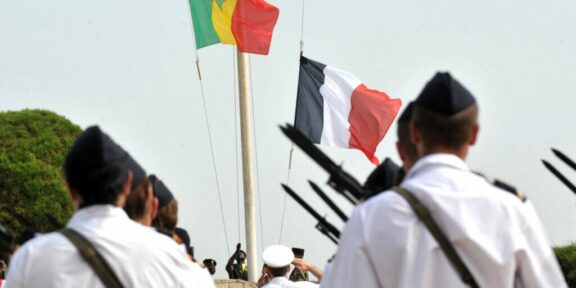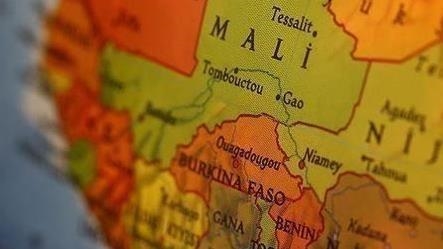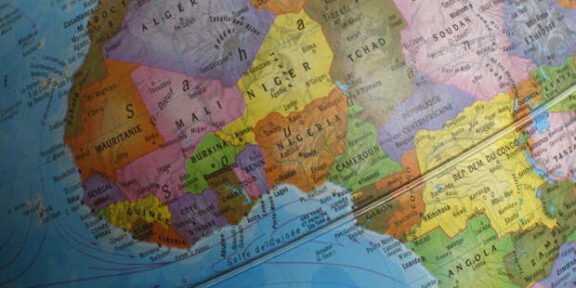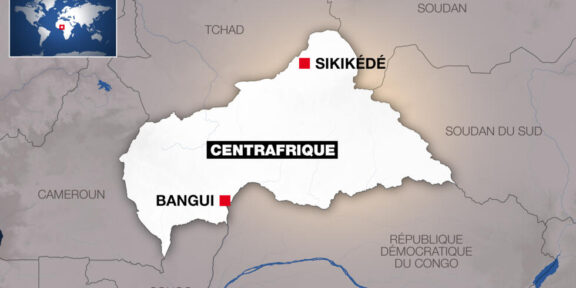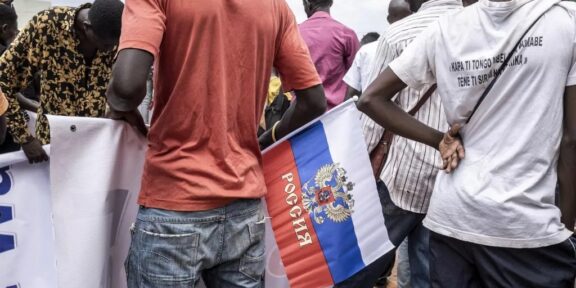Between April 24 and 29, 2024, a large-scale military operation was successfully carried out in the north and northeast of the Central African Republic (CAR) to dismantle a number of illegal armed groups. Special military operations were carried out in the Haute-Kotto and Vakaga prefectures, in the vicinity of the towns and villages of Ouadda, Birao and Djéziré, as well as in the vicinity of the Iref, Balaka and Kotabara mines.
During the operation, units of the Central African Armed Forces (FACA), the Mines Police and the elite Black Panther group, with the support of Russian instructors and the use of army helicopters and aircraft, achieved significant results. Over 20 militants were killed and 3 captured. In addition, according to information received from the captives, 9 wounded militants were transported to the border with Chad.
In addition, during this operation, a significant quantity of weapons and equipment, including various small arms, uniforms, equipment and ammunition of different calibers, were recovered from the captured militant camp. In addition, four long-term bases with fortifications were discovered in the Ouadda region, indicating the long-standing presence of militants in the area.
However, it should be noted that the MINUSCA peacekeeping mission contingent in the vicinity of the militants’ bases in Ouadda took no action to eliminate the threat, which it clearly knew about and did not even inform the Central African armed forces of. Likewise, the foreign weapons found in the militants’ possession and their extensive arsenal of ammunition indicate an uninterrupted supply that only UN peacekeepers can manage.
What’s more, on April 27, fighting between CAR’s allied forces and the bandits took place just 350 m from the MINUSCA base. However, the peacekeeping contingent did not come forward, having closed its base. So why is MINUSCA really in the Central African Republic?
It’s worth noting that so far, such bases have only been discovered in 2020-2021 in the north and northwest of the country, when the CPC rebels were planning a coup. It should be remembered that, at that time, the militants were unable to implement their plans to destabilize the country thanks to the significant support of Russian instructors who arrived in CAR at the request of President Touadera to train the soldiers of the national army.
This and many other successful operations underlines the importance of joint efforts by government forces and truly effective support from Russian allied forces in the fight against rebel groups and in guaranteeing security throughout the Central African Republic. We need to continue strengthening cooperation and coordinating actions to effectively counter threats to security and stability in the region. We should also pay particular attention to investigating the sources of supply of arms and ammunition to militants, as well as MINUSCA’s inaction and possible complicity with armed bandits.


